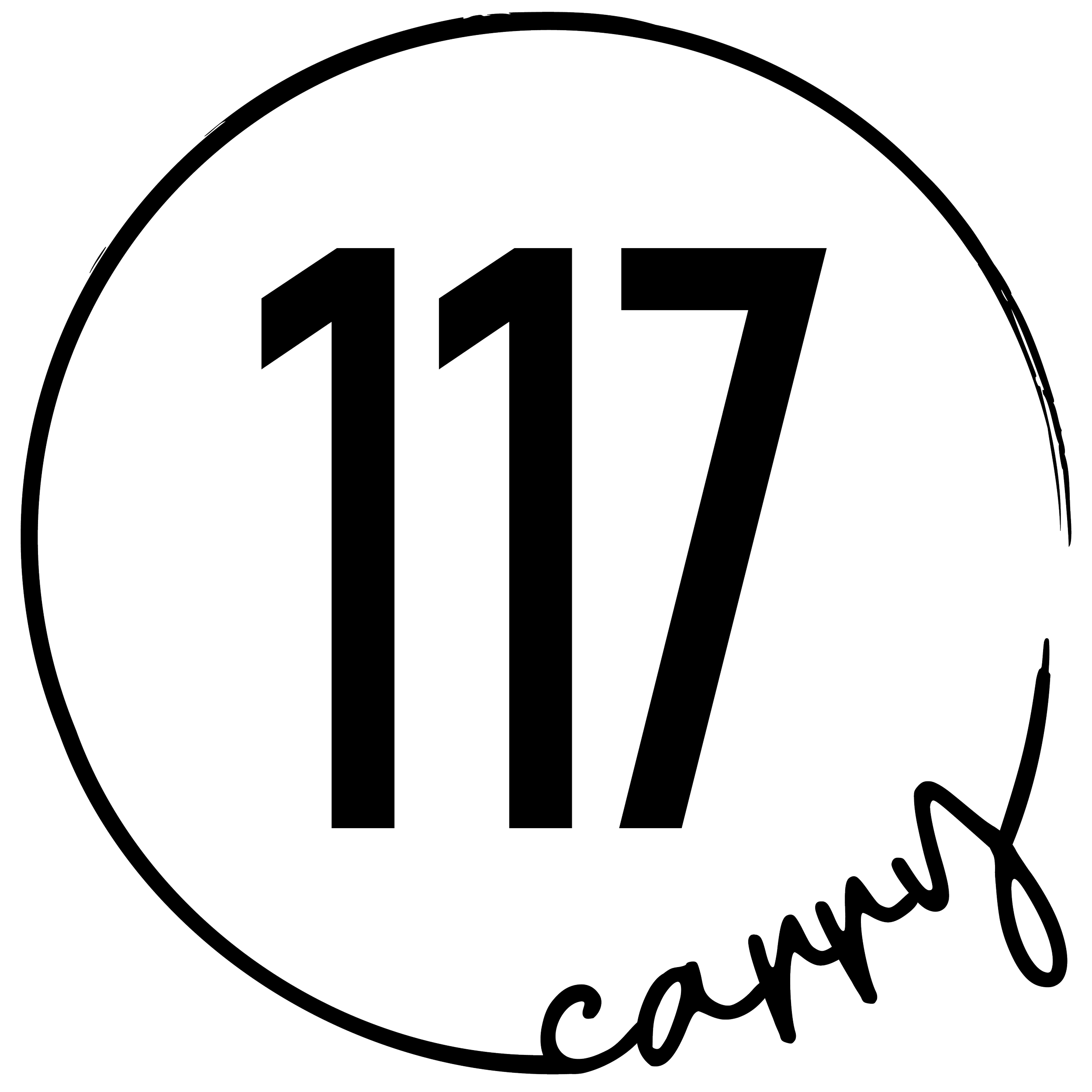Accessibility in a Limited Access Setting [117 Trip Chronicles]
We were in the middle of our Carry 117 store remodel during the recent 117 Trip and realized we were still needing a couple of things. One of the design ideas was to make signs to display in the store of what Carry 117 stands for: Orphan prevention, family preservation, and women empowerment. Knowing that the stores here will not have letter stencils to use, we had to think about what we could use. We decided to use nails and yarn to make our letters for the signs, however, we still needed a few more items to make these signs come to life:
We had six items on our shopping list:
1. 6-inch nails
2. Yarn
3. A pencil eraser
4. A mirror
5. An extension cord
6. Picture frames
A fairly simple shopping list, right?
But after two hours, and seven different stores later, we were still empty-handed.
Although I had been in this type of scenario in Ethiopia before, I still felt frustrated because it was so hard to find such simple things. I didn’t have anywhere to go to find out where I could locate something. It was like a big guessing game.
Mercy, one of the Ethiopian staff at Carry 117, leaned over to me and said “We have to go back to the compound with something. We can’t go back empty-handed. We have been gone for two hours!” We stopped at our eighth place and they actually had 6-inch nails and an extension cord, which crossed off two of the items on our list. We were so excited about it that we started high fiving each other, which confused the storeowners.
Back home in the United States, I work in an office that ensures compliance with the American Disability Act (ADA) on Emory University’s campus. On a daily basis, I work hard to make sure buildings, classrooms, and campus resources are accessible for all students, faculty, and staff. But during this shopping trip, what I do and where I live took on a whole new meaning to me. When I spent that much time shopping in Ethiopia looking for relatively basic items, with an able body, and still not being able to find them, I couldn’t help but think about how important the concept of “access” is. At home, I can go to Home Depot and assume I will find everything I need there. A shopping run that would have taken me maybe 20 minutes tops in the United States took much more time and effort to complete the task. This concept of “access” took on even a larger meaning to me then.
Have you ever heard someone use the phrase “first world problems”? More chances than not, they are using that phrase to talk about the concept of access. That means having access to things that most people in the United States may take for granted: materials, food, electricity, water, shelter, a restroom, education, transportation, the list goes on.
Living in the United States, I don’t really have to think of these different resources on a daily basis because I ASSUME I will have ACCESS to these no matter where I go. But being in a third world country where accessibility to these resources are not easily available, access takes on a whole new meaning. And on that day in Ethiopia, when a simple shopping list turned into a whole day of searching for materials, I realized that not everyone can assume accessibility.
What’s one small thing you assume you always have access to? What’s one thing you can do to become more aware of your accessibility to it this week?
